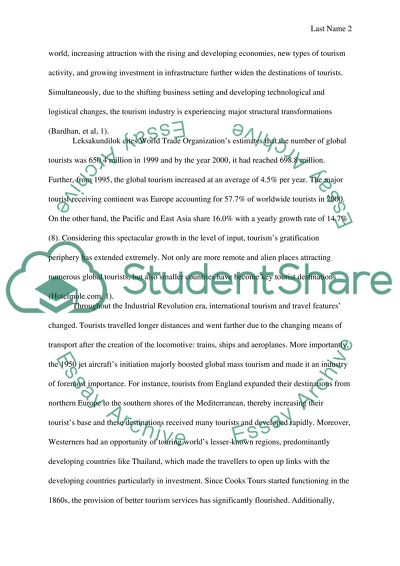Cite this document
(Global Tourism and Real Estate Case Study Example | Topics and Well Written Essays - 1741 words - 1, n.d.)
Global Tourism and Real Estate Case Study Example | Topics and Well Written Essays - 1741 words - 1. Retrieved from https://studentshare.org/tourism/1573507-the-global-tourism-industry
Global Tourism and Real Estate Case Study Example | Topics and Well Written Essays - 1741 words - 1. Retrieved from https://studentshare.org/tourism/1573507-the-global-tourism-industry
(Global Tourism and Real Estate Case Study Example | Topics and Well Written Essays - 1741 Words - 1)
Global Tourism and Real Estate Case Study Example | Topics and Well Written Essays - 1741 Words - 1. https://studentshare.org/tourism/1573507-the-global-tourism-industry.
Global Tourism and Real Estate Case Study Example | Topics and Well Written Essays - 1741 Words - 1. https://studentshare.org/tourism/1573507-the-global-tourism-industry.
“Global Tourism and Real Estate Case Study Example | Topics and Well Written Essays - 1741 Words - 1”, n.d. https://studentshare.org/tourism/1573507-the-global-tourism-industry.


